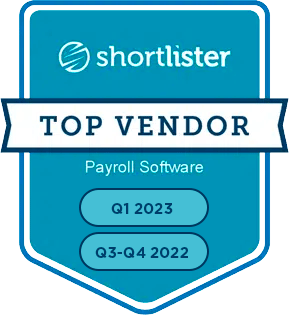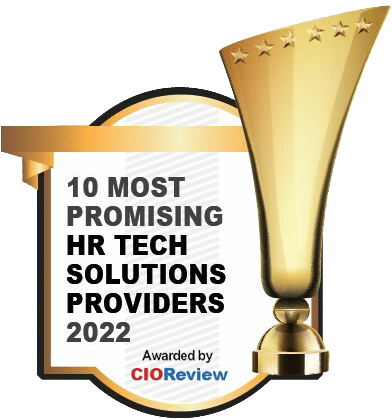With businesses relying heavily on electronic systems for payroll management, the risk of data breaches and payroll fraud looms. Protect your business and employees’ sensitive information with robust payroll security measures. Let’s explore the nature of payroll security and some practical tips to strengthen your payroll security.
1. What is payroll security?
Payroll security involves implementing strong measures and practices to safeguard payroll data and processes. The purpose of payroll security is to protect sensitive information like:
- Employee salaries
- Bank details
- Social Security numbers
- Tax information
2. Why is payroll security important?
Payroll security is important because of the highly sensitive nature of personal and financial information. Any compromise in payroll data security can result in serious consequences. This can include identity theft or financial losses for both employees and the company and potential legal ramifications.
Additionally, a breach in payroll security can potentially damage your business’s reputation and undermine employee trust. That’s why you need to take proactive measures for payroll security.
Is payroll data confidential?
Yes, payroll data is confidential. Businesses have a legal obligation to provide data security for payroll, considering the sensitive personal and financial information it contains about employees. Protecting this data is not only a matter of privacy. It is also mandated by laws on data protection and employee privacy in various jurisdictions.
These include:
- Fair and Accurate Credit Transactions Act
- Fair Credit Reporting Act
- Privacy Act
- Health Insurance Portability and Accountability Act
- Americans with Disabilities Act
Mishandling such information can lead to legal consequences and damage your business.
What are the top 7 risks in the HR payroll process?
The process for payroll has many moving parts, which puts businesses at risk for payroll security threats:
- Data breaches: Unauthorized access from cyber criminals to sensitive payroll data.
- Payroll fraud: Fraudulent activities include falsifying time records or making payments to non-existent employees.
- Phishing attacks: Some scams directly target employees to reveal login credentials.
- Insider threats: Risks posed by employees who misuse access privileges to commit fraud.
- Outdated systems: Using outdated payroll software that lacks current security standards is a risk to your business.
- Compliance risks: Failure to comply with legal standards for data protection.
- Errors in manual data entry: Entering payroll data inaccurately can cause financial discrepancies. Be vigilant about precise data input to avoid any errors that may impact the company’s finances.

How do you secure payroll?
Here are some practical tips to enhance payroll cyber security:
1. Choose a secure payroll software
Ensure you have formidable payroll security by investing in reliable and secure paywall software. Look for payroll systems that provide strong payroll data security measures like encryption and two-factor authentication. With a reputable system, you can have confidence that your data will be well-protected.
2. Regularly update payroll software
Don’t leave your outdated payroll software vulnerable to cybercriminals. Make sure you keep your payroll system and associated software up-to-date. The latest data security for payroll patches will give you access to the latest integrations. Regular updates are critical to payroll security because they fix vulnerabilities that intruders could exploit.
3. Implement strong user access controls
It’s best to limit access to payroll information only to those who truly need it. Implement role-based access controls so only authorized personnel have the ability to view or edit sensitive payroll data. You reduce the risk of payroll fraud by not relying on a single person to handle the payroll process.
Make it a priority to regularly review access privileges and make necessary adjustments to bolster your payroll security. Reviews are especially important during employee role changes or departures from the company.
4. Educate and train your employees
Human error can often lead to payroll data security breaches. In fact, there is some human element that causes 82% of security breaches. Conduct regular training sessions for your employees on best practices in cybersecurity. Educate them about phishing scams, secure password creation, and the importance of reporting suspicious activities.
Providing payroll cyber security training to your staff and payroll department can reduce your business’s risk exposure. It empowers your staff to actively identify and respond to potential payroll data security risks.
5. Implement robust payroll cyber security measures
Regularly conducting audits of your payroll processes can help you detect any irregularities or weaknesses within your system. You can further enhance payroll security with multi-factor authentication (MFA). It provides an additional layer of protection beyond just using passwords.
Make sure to back up your payroll data regularly. Backups are essential for restoring critical information in case of system failures or cyberattacks. Choosing cloud-based software simplifies the management of backups and ensures minimal disruption to your payroll operations.
Choose a payroll partner that’s designed for you
Running a business is challenging. Adding a complex payroll process to that only adds to the weight on your shoulders. Let Alliance HCM help you focus on what you do best. Save time, money, and more with us.





